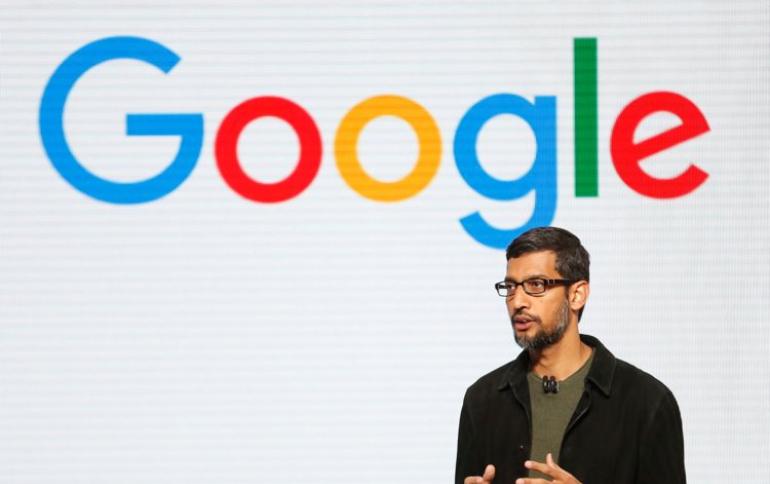
Google Tweaks Web Ranking algorithm To Tackle Fake News
Google is trying to purge fake news from the top of its search results by making a rare change to the algorithm behind its search engine.
The changes have been designed to deal with the phenomenon of "fake news," where content on the web has contributed to the spread of misleading, low quality, offensive or downright false information.
Google combines hundreds of signals to determine which results it shows for a given query - from the freshness of the content, to the number of times your search queries appear on the page. The company has adjusted these signals to help surface more authoritative pages and demote low-quality content.
Google says that the changes will affect a small set of queries in the daily traffic (around 0.25 percent).
As part of that process, Google also uses evaluators - real people who assess the quality of Google's search results - to give feedback on its experiments. These ratings don't determine individual page rankings, but are used to help Google gather data on the quality of the results. Last month, Google updated its Search Quality Rater Guidelines to provide more detailed examples of low-quality webpages for raters to appropriately flag, which can include misleading information, unexpected offensive results, hoaxes and unsupported conspiracy theories.
Google is also making changes to the Autocomplete feature of its search engine, which helps predict the searches you might be typing to quickly get to the info you need. Starting today, Google is making it much easier for people to directly flag content that appears in both Autocomplete predictions and Featured Snippets. These new feedback mechanisms include clearly labeled categories so you can inform Google directly if you find sensitive or unhelpful content.
The moves follow months after criticism of Google and Facebook for hosting misleading information, particular tied to the 2016 U.S. presidential election.




















